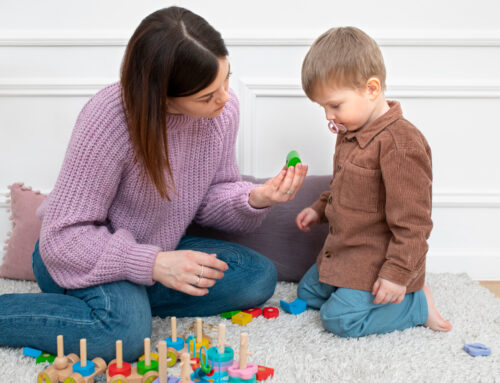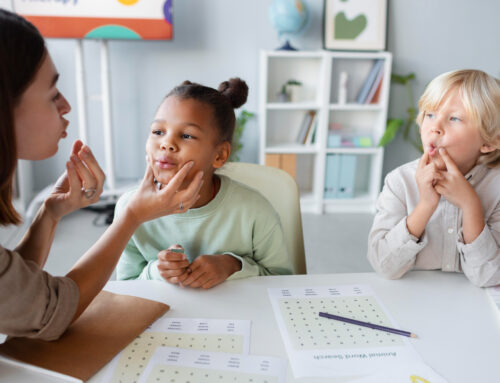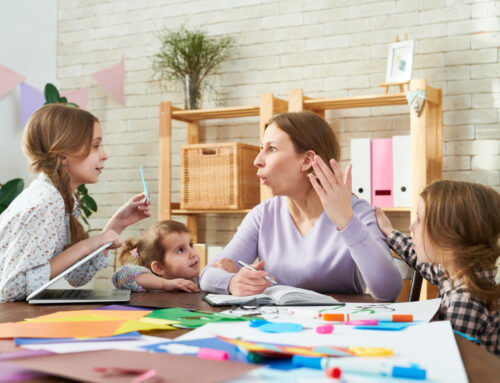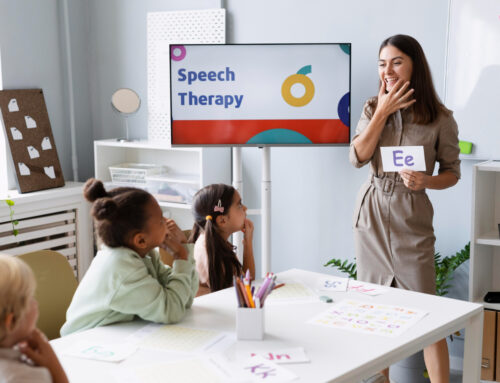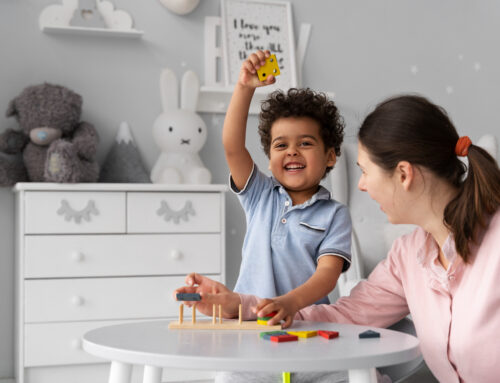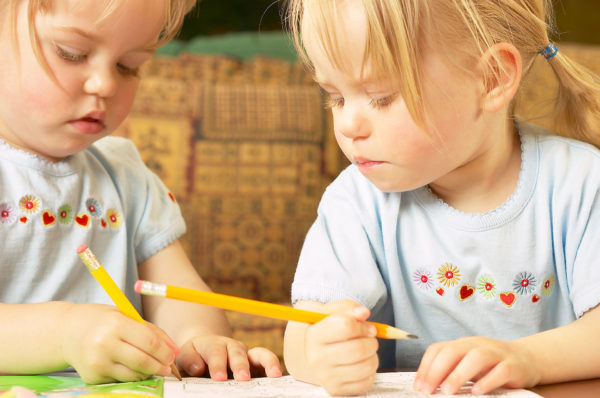
Let’s face it. Most adults struggle with emotional regulation. So, it is hardly fair for adults to expect children to independently stifle feelings that are disruptive to daily routines 100% of the time. We’re just talking about children ages 3 to 5 years. This is an age group who should be past the common emotional breakdowns witnessed during infancy. However, life gets difficult to cope with and young children are still allowed to break down, cry, scream out loud, throw themselves on the floor in fury, and so on and so forth.
As time goes on and these children approach an age where they now qualify for prekindergarten or K-12 schooling outside of their own home. Therefore, tightening down on their emotional regulation is more than appropriate. In fact, many childhood experts insist on it. Children who can’t regulate their emotions well at school seriously compromise their learning opportunities as well as other students in the classroom. Although many teachers have very well-rounded training, they should not be expected to dedicate abnormal amounts of time de-escalating a child’s behavior as their focuses are academically geared.
Parents and caregivers, this is where you come in. Teach them the skills at home now, 2 to 3 years before school even starts so that they can spend more time learning and less time in meltdown mode. No, it’s not going to be perfect and you can expect a few phone calls from the school eventually.
First things first. Set some realistic goals for your child based on their typical age group and what is expected regarding emotional development milestones. According to PBS.org (2019), here are some examples of milestones for this age group that you can reference for your own goals:
3 years old:
- Uses familiar adults for security when playing (i.e., wanting mom to come over with the child to a friend’s house).
- Begins to develop personal preferences and a sense of ownership over things.
- Can verbally label their own feelings as well as others based on their facial expressions.
- Can express feelings and opinions well when things get difficult and may still fall apart when situations get stressful.
4 to 5 years old:
- Gets better at tolerating a familiar adult’s absence and starts to role model their behavior.
- Can cope with the absence of adult by appropriately expressing their feelings through language and through drawing.
- Increased sense of self and their capabilities and talents.
- Increased understanding of other’s emotions and what causes them to express certain feelings
- Adopts their own coping strategies with stressful situations. Examples include talking about difficult situations through pretend play (acting out a fight with her brother with her stuffed animals).
In summary, some sample goals for your child could include: learning how to cope with stressful situations, learning how to read others’ emotions, and learning how to verbally express their own emotions. The following information is a list of summer ideas in which parents could apply during those long hours at home with their children with the central focus being on emotional development:
- Yoga. Believe it or not, yoga is not just for adults. Many clinicians are incorporating the use of pediatric yoga to teach young children how to cope with stressful situations.
- Mindfulness. Similarly, mindfulness is not just used for adults anymore. Teaching a child how to be mindful and present in the moment works wonders for emotional regulation. Just do your research online to locate a handful of mindfulness strategies.
- Breathing exercises. Teach your child how to effectively take deep breaths when life gets hard. Breathing exercises only have to take up to a few seconds and can be used for times when your child is losing emotional control.
- Reading books that focus on emotional expression. Frequently read books to your child while purposefully pointing out and describing characters’ facial expressions.
- Play dates. Your child can learn a lot from other children about what it means to express their own emotions.
- Waiting. Incrementally teach your child how to wait for their favorite things. Start with several seconds and work your way up to a short few minutes.
- Keep up on nutrition and sleep. It is unfair to ask our child to keep things under control when they are hungry or tired. Make sure to maintain a structured feeding and sleep schedule.
- Quiet time. Allow for some time during the day where your child can sit and play quietly by themselves in order for them to teach themselves how to cope with and process the day.
- My turn, your turn. Teach your child how to share their toys, whether it’s with you or with other siblings or friends.
Please note that there are some children who are going to need some extra, clinical attention for emotional regulation. This can involve many children with a wide variety of developmental disorders including (but not limited to): autism, ADHD, Down syndrome, anxiety disorder, etc. If your child has a developmental condition that negatively impacts their emotional growth, immediately consult with your pediatrician BEFORE school begins
Reference
- Child Development Tracker (2019). PBS Parents. Viewed on April 9, 2019.

